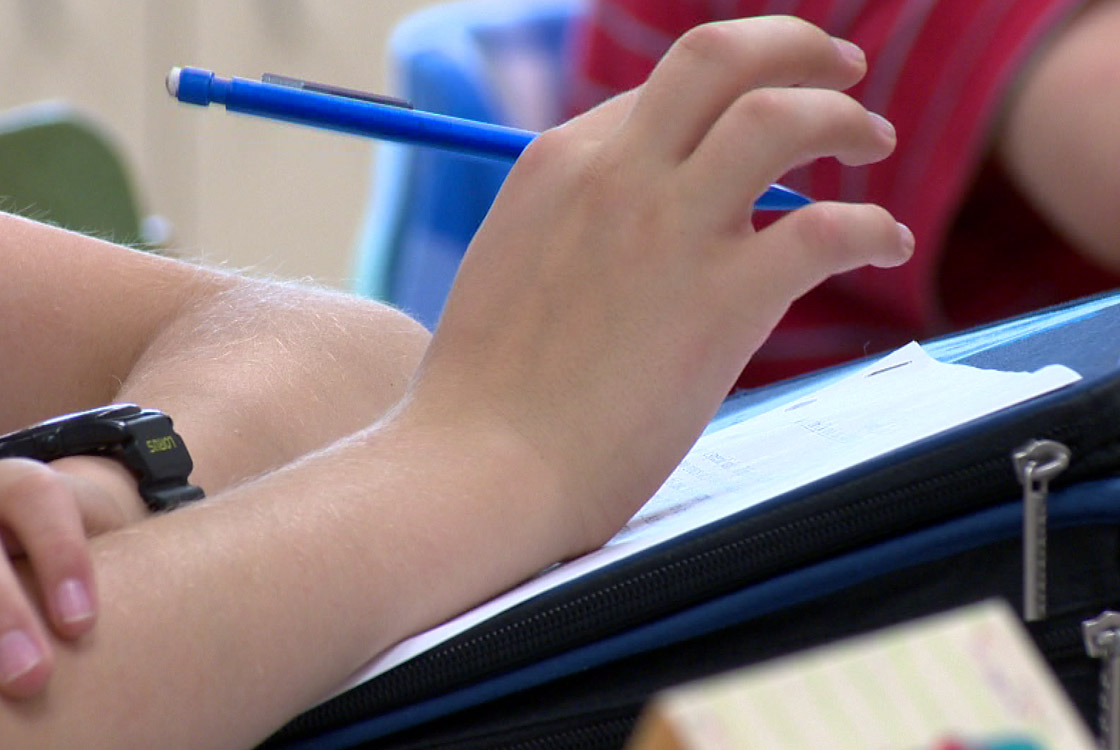SASKATOON – A Montessori program will be offered at City Park School in the 2016-17 school year. Saskatoon Public Schools officials said the decision to offer the program was made following several months of discussion.

“Adding a Montessori option provides families with a unique educational opportunity where their children follow the provincial curriculum through the Montessori philosophy,” said director of education, Barry MacDougall.
This will be the first public Montessori program in Saskatchewan.
“We see this as a wonderful opportunity to partner with Saskatoon Public Schools as they lead the way toward innovative educational programs in the province,” said Marnie Hilland, who is the board chair of Maria Montessori Preschool and Elementary (MMS) and was involved in the discussions with the school board.
READ MORE: Brightwater Creek provides unique hands on learning for students
MMS is a not-for-profit organization offering a program for students from the age of 2 to Grade 8.
A Grade 1 to 8 program will be offered at City Park School, which will operate with the same staffing, resources and facility support as other schools in the system.
No tuition will be charged for students who attend the school division program and teachers will receive specialized training to lead a Montessori program.
MMS will also lease space at the school, where they will continue to offer an early learning program for children ages 2 to 5. Those students will then have the option to continue with the elementary program offered by the school division.
According to their website, the Maria Montessori education philosophy focuses on:
- Following the child ie individualised learning through respect of: stages of development, each child’s natural desire to learn, their abilities, pace of learning, styles of learning and interests;
- Encouraging each child to be an active, responsible, lifelong learner by fostering independence, self-determination and self-regulation at all levels. This is done by offering an uninterrupted extended work-cycle within a prepared environment in which to learn and practice these skills;
- Providing multi-age classrooms where children learn to work collaboratively with their peers; experience the benefits of moving from being mentored to mentoring, leading and role modeling for their peers; developing strong relationships with peers and teachers as well as the opportunity to set long term goals.;
- Peace education through modelling and teaching ‘Grace & Courtesy’, conflict resolution, character values and global citizenship; and
- Practical Life: Preparing each child for transitions they will face by teaching life skills from dressing themselves at age 3 to budgeting, using public transport and communicating effectively in the upper elementary years.


Comments